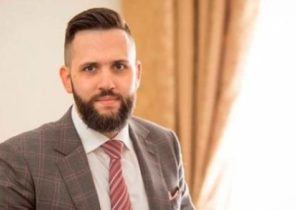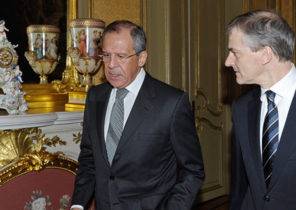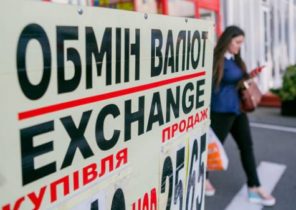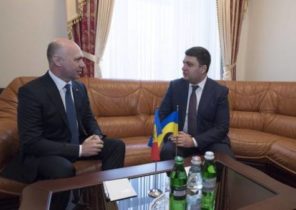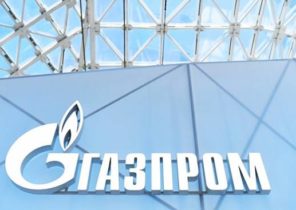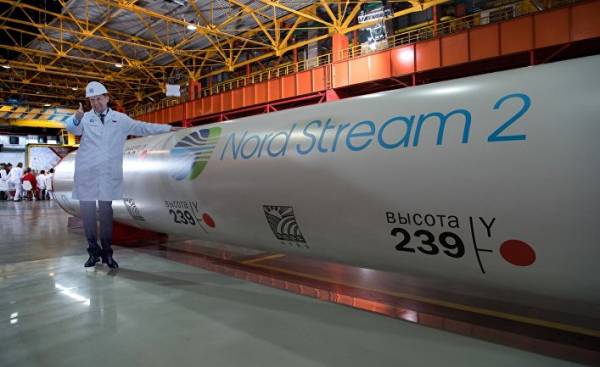
With the help of the pipeline “Nord stream-2”, which is being built under the leadership of the Russian energy company Gazprom, Russia plans to double direct deliveries to Germany. Poland, Ukraine and several Baltic countries consider it a threat, because thus obviating the need to transit through their country, and they will lose revenue from fees charged for transportation.
And now they have received support from the International energy Agency (IEA) in Paris. “The existing infrastructure that connects Europe with Russia, enough to supply the Russian gas to Europe”, — said the chief economist of the Agency Laszlo Varro (Lazlo Varro).
“The market share of Russian gas is now at the highest level”, — the expert warns, the Paris-based Agency. Despite the political differences between the EU and Russia over the past two years Gazprom supplied Europe more than ever a great volume of gas.
“Europe needs to make a strategic decision — we want to make more of an effort to increase energy efficiency or to invest billions of euros in infrastructure for traditional energy sources,” says Varro, former Manager of the Hungarian oil and gas concern Mol. He does not see strong arguments in favor of the implementation of the “Nord stream — 2” as the main project for Europe.
Commerzbank strategist Eugen Weinberg (Eugen Weinberg) sees no need in the project. But for Germany, the pipeline would be a plus, because it increases the volume of supply. And for Russia this project is “extremely important.” Russia wants to realize the “Nord stream-2”, not to be more tied to the current gas pipeline to Western Europe through Ukraine.
Because of the Crimea and civil war in Eastern Ukraine, relations between Moscow and Kiev bad as ever. “Gazprom wants to consolidate its dependence on Russian gas in the future,” says Weinberg. However, the Russian economy is dependent on commodity exports. The oil and gas business in 2016 amounted to 36% of government revenue.
The planned capacity of the pipeline “Nord stream — 2” between Russia and Germany, with a length of 1200 km — 55 billion cubic meters. Founded in the fall of 2015, the consortium of energy companies under the Gazprom management includes the company’s Uniper, Wintershall, Shell, OMV and Engie. For the “daughter” of BASF, Wintershall and Austria’s OMV growing resistance — the bad news. As both companies planning to participate in is controversial in political terms the project a minority stake of 10%.
Yet this participation is faced with the obstacle from the right populist government in Warsaw. “Poland is trying to break the Nord stream — 2”, — says the head of Wintershall Klaus Mehren (Klaus Mehren). Along with the head of OMV, Rainer Seele (Seele Reiner), a former head of Wintershall, he is the most ardent defender of the project in Western Europe.
The head of BASF Kurt Bock (kurt Bock) last week traveled to Moscow to meet with Russian President Vladimir Putin and head of Gazprom Alexei Miller to discuss the project. Putin said after meeting with the Side in the Ukraine: “We want to continue the relationship with all our partners, including with Ukraine as a transit country”. “Nord stream — 2” is exclusively economic project, Putin stressed.
Independent observers in Moscow are confident in the determination of the Russian government. “Russia will do everything to implement this project,” says the Austrian economist, an expert on Russia. In the end, 80% of Russian exports — traditional energy sources.


